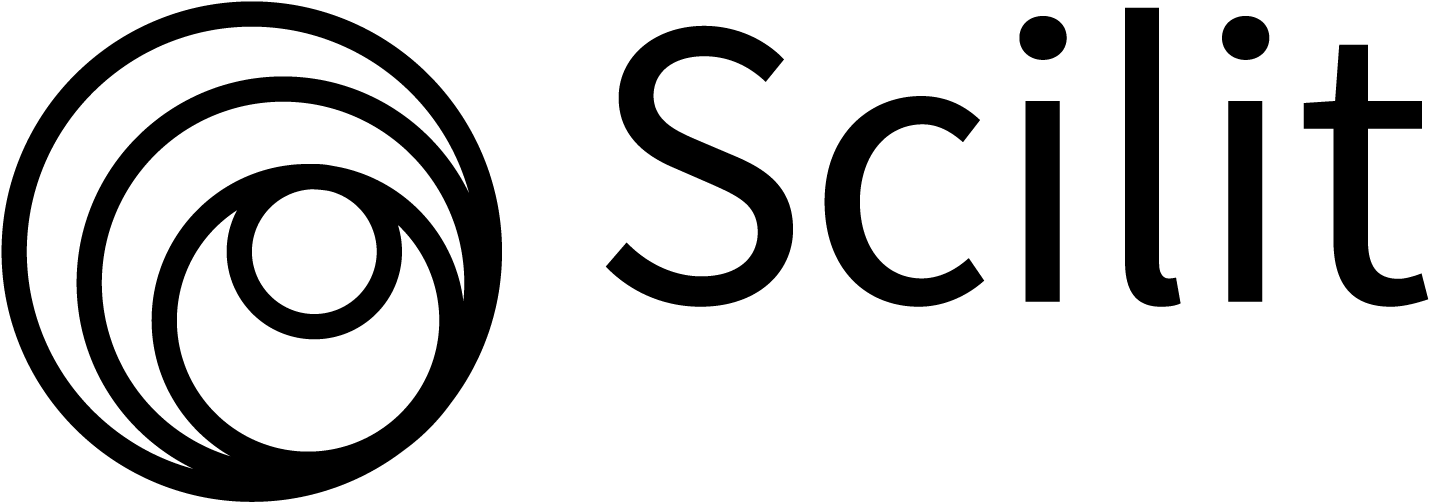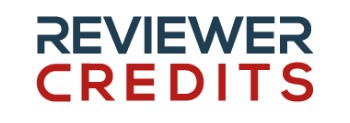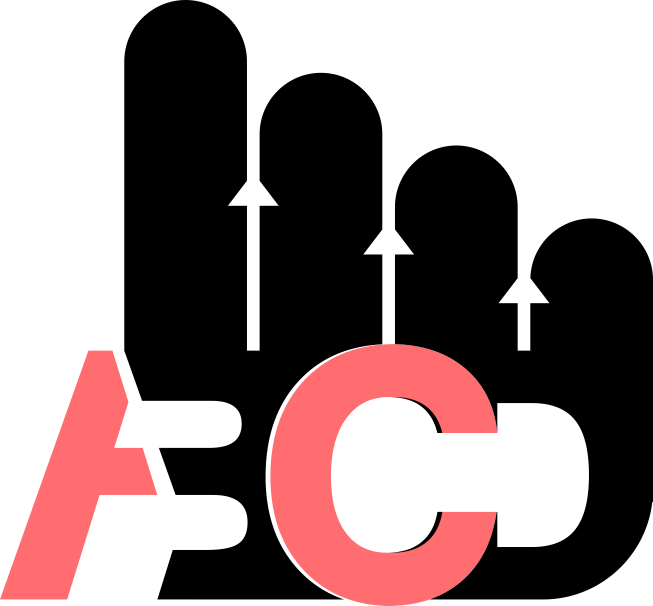Thyroid dysfunction and autoantibodies among patients infected with Covid 19 in Erbil city /IRAQ
DOI:
https://doi.org/10.56056/amj.2023.230Keywords:
Corona virus, Thyroid autoantibodies, Thyroid peroxidaseAbstract
Background and objectives: Autoimmune thyroid diseases or specifically Anti-thyroid peroxidase antibodies increasing after corona virus infection pandemic. This study investigating Anti-thyroperoxidase, anti-thyroid stimulating receptor antibodies in conjunction with traditional thyroid markers after corona virus infection hoping that this would aid in reduction of enduring morbidity and associated health concerns.
Methods: This cross-sectional study was conducted in Rizgary Teaching Hospital and Erbil Teaching Hospital in Erbil, Iraq, within the period of February to September 2022. The study comprised hundred patients; 80 females and 20 males, these patients had clinical symptoms suspecting thyroid abnormalities and were suspected for having a sort of thyroid disease. They had abnormal thyroid function tests, with investigating thyroid autoantibodies and corona virus infection. Investigations include thyroid function test and antithyroid antibodies.
Results: The level of Anti-thyroid peroxidase antibodies was positive among 75 hypothyroidism patients than among hyperthyroidism cases 2, p-value 0.012. Positive Anti-thyroperoxidase antibodies and hypothyroidism were significantly more common among corona virus infected cases, p-value 0.012 and 0.0109 respectively. However; anti-thyroid stimulating hormone receptor antibody was positive only among hyperthyroidism group (18%); p-value was significant 0.019.
Conclusions: This study confirmed the correlation between thyroid function test, Anti-thyroperoxidase antibodies values and corona virus infection. Autoimmune thyroid diseases are more common among female cases, in addition; antithyroid antibodies especially Anti-thyroperoxidase antibodies were more common among female patients. There was high prevalence of both hypothyroidism and positive anti-TPO Ab in COVID-19 cases.
Downloads
References
Asaad DA, Sultan AS. Changes in Freet3; T4 Thyroxine and Thyrotropin in Hemodialysis and Non-Dialysis Chronic Renal Failure Patients. Ind. J. Pub. Health Res. & Develop. 2019; 10(10):56-9.
Timpau AS, Miftode RS, Petris AO, et al. Mortality Predictors in Severe COVID-19 Patients from an East European Tertiary Center: A Never-Ending Challenge for a No Happy Ending Pandemic. J Clin Med 2022; 11(1): 58-9. Available from: https://doi.org/10.3390/jcm11010058.
(COVID-19), What the KRG is doing 2020. Available from: https://gov.krd/coronavirus-en/situation-update/.
Hollowell JG, Staehling NW, Flanders WD, et al. Serum TSH, T4, and thyroid antibodies in the United States population (1988 to 1994): National Health and Nutrition Examination Survey (NHANES III). J.Clin. Endo. & Metab. 2002; 87(2):489-99.
Force US. Screening for thyroid disease: recommendation statement. Ann Intern Med. 2004; 140(2):125-7.
Helfand M. Screening for subclinical thyroid dysfunction in nonpregnant adults: a summary of the evidence for the US Preventive Services Task Force. Ann Intern Med. 2004; 140(2):128-41.
Guan WJ, Ni ZY, Hu Y. Clinical characteristics of coronavirus disease 2019 in China. N Engl J Med 2020; 382(18):1708-20. https://doi.org/10.1742/journal.pone.0298753.
Bossowski A, Moniuszko M, Id?kowska E, et al. Decreased proportions of CD4+ IL17+/CD4+ CD25+ CD127? and CD4+ IL17+/CD4+ CD25+ CD127? FoxP3+ T cells in children with autoimmune thyroid diseases. Autoimmunity. 2016; 49(5):320-8.
Rodríguez Y, Rojas M, Monsalve DM, et al. Latent autoimmune thyroid disease. J Transl Autoimmunity. 2020; 3(1):138-42.
Miko? H, Miko? M, Obara-Moszy?ska M, Niedziela M. The role of the immune system and cytokines involved in the pathogenesis of autoimmune thyroid disease (AITD). Endokrynologia Polska. 2014; 65(2):150-5.
Hutfless S, Matos P, Talor MV, Caturegli P, Rose NR. Significance of prediagnostic thyroid antibodies in women with autoimmune thyroid disease. J Clin Endo & Metabo. 2011; 96(9):E1466-71.
Riaz M, Afzal N, Mahmud TH, Shahzad F, Rasheed S, Rasheed A. The high percentages of anti-thyroid antibodies positive SLE patients at Sheikh Zayed Hospital, Lahore (Pakistan). Majmaah Journal of Health Sciences. 2015; 216(2):1-4.
Shafiq MI, Gauhar A, Akram M, Elahi S. Thyroid peroxidase antibodies in non-interferon treated hepatitis C patients in Pakistan. BioMed Res Intern. 2015; 3(1); 215-8.
Aamir IS, Tauheed S, Majid F, Atif A. Frequency of autoimmune thyroid disease in chronic urticaria. J Coll Physic Surg Pak. 2010; 20(3):158-61.
Fade JV, Franklyn JA, Cross KW, Jones SC, Sheppard M. Prevalence and follow-up of abnormal thyrotrophin (TSH) concentrations in the elderly in the United Kingdom. Clinic endocrinol. 1991; 34(1):77-84.
Carrion M, Ramos-Levi AM, Seoane IV, et al. Vasoactive intestinal peptide axis is dysfunctional in patients with Graves’ disease. Scient Repor. 2020; 10(1):1-6.
Al-Geffari M, Ahmad NA, Al-Sharqawi AH, et al. Risk factors for thyroid dysfunction among type 2 diabetic patients in a highly diabetes mellitus prevalent society. Intern J endocrino. 2013; 23(1); 13-7.
Hajieh S, Behbahani M, Mohtashami AZ. Prevalence of thyroid dysfunction and thyroid auto antibodies in type 2 diabetic patients. Pak J Med Scien. 2011.1; 27(5): 32-8.
Bromi?ska B, Bromi?ski G, Owecki M, et al. Anti-thyroidal peroxidase antibodies are associated with thyrotropin levels in hypothyroid patients and in euthyroid individuals. Ann Agric Environ Med. 2017; 24(3):431-4.
Mistry N, Wass J, Turner MR. When to consider thyroid dysfunction in the neurology clinic. Pract neurol. 2009; 9(3):145-56.
Whiting A, Reyes JVM, Ahmad S, Lieber J. Post-COVID-19 Fatigue: A Case of Infectious Hypothyroidism. Cureus. 2021; 13(5):15-22. doi: 10.7759/cureus.14815. PMID: 34094769; PMCID: PMC8171109.
Downloads
Published
Issue
Section
License
Copyright (c) 2023 Halgurd Fathulla Ahmed, Esra Omar Hameed, Yahya Kamal Mohammed Ali

This work is licensed under a Creative Commons Attribution-NonCommercial-ShareAlike 4.0 International License.
The copyright on any article published in AMJ (The Scientific Journal of Kurdistan Higher Council of Medical Specialties )is retained by the author(s) in agreement with the Creative Commons Attribution Non-Commercial ShareAlike License (CC BY-NC-SA 4.0)














